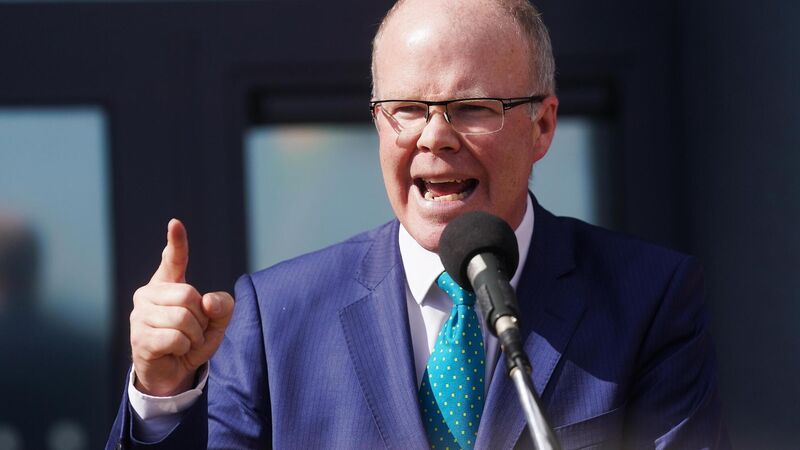Tusla paid €72m to third-party providers of children’s emergency accommodation

The information about Tusla's spending was released to Aontú leader Peadar Tóibín following a Freedom of Information query. Picture: Brian Lawless/PA
Tusla paid over €72.5m to third-party companies providing emergency accommodation for children in State care last year.
One provider received more than €17.2m in 2024 and has been paid a further €3.4m in the first quarter of this year, according to figures provided by Tusla, the child and family agency.













